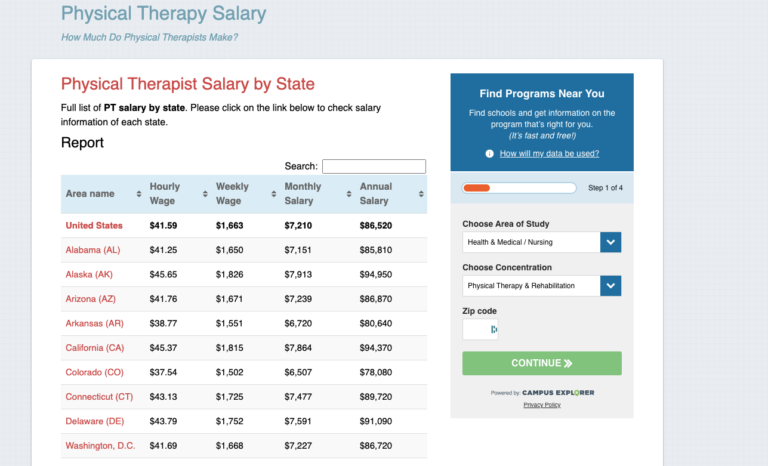The Imperative for Healthcare Providers to Renegotiate Their Rates: A Path to Sustainability and Equity

In the intricate ecosystem of healthcare, where the pursuit of optimal patient care intertwines with financial viability, the negotiation of rates stands as a pivotal element. Healthcare providers, be they hospitals, clinics, or individual practitioners, are increasingly facing the pressing need to revisit and renegotiate their reimbursement rates. This imperative arises from a confluence of factors, ranging from economic pressures to shifts in healthcare delivery models and the imperative of equity. Let’s delve into why healthcare providers should seize the opportunity to renegotiate their rates.
Economic Realities
The landscape of healthcare economics is constantly evolving, and providers must adapt to survive. Escalating costs of supplies, equipment, and labor pose significant financial challenges. Amidst these, stagnant reimbursement rates from insurance payers exacerbate financial strains on healthcare entities. Renegotiating rates enables providers to ensure that the compensation they receive is commensurate with the services rendered, helping to maintain financial stability in a volatile economic climate.
Addressing Disparities
Healthcare disparities persist, with marginalized communities often bearing the brunt of inadequate access to quality care. Renegotiating rates can facilitate greater equity by enabling providers to allocate resources more equitably. By securing fair compensation for their services, healthcare providers can invest in initiatives that target underserved populations, thus bridging the gap in healthcare access and outcomes.
Adapting to Value-Based Care
The transition from fee-for-service to value-based care models necessitates a reevaluation of reimbursement structures. Value-based care emphasizes patient outcomes and cost-effectiveness over volume of services provided. Renegotiating rates allows providers to align their reimbursement models with value-based principles, incentivizing quality care and efficient resource utilization. By negotiating rates that reflect the value they deliver, providers can thrive in a value-driven healthcare landscape.
Navigating Regulatory Changes
The healthcare regulatory landscape is complex and ever-changing. New regulations and policies often impact reimbursement structures, requiring providers to stay vigilant and proactive in their negotiations with payers. Renegotiating rates empowers providers to adapt to regulatory changes effectively, ensuring compliance while safeguarding their financial interests.
Strengthening Financial Resilience
In an era marked by uncertainty, financial resilience is paramount for healthcare providers. Renegotiating rates can bolster financial resilience by optimizing revenue streams and minimizing financial vulnerabilities. By negotiating fair and sustainable rates, providers can fortify their financial foundations, enabling them to weather unforeseen challenges and invest in long-term growth and innovation.
Conclusion
The imperative for healthcare providers to renegotiate their rates is unequivocal. In a healthcare landscape characterized by economic pressures, disparities, evolving care models, and regulatory complexities, renegotiating rates is not merely an option but a strategic necessity. By securing fair and sustainable reimbursement rates, providers can enhance their financial viability, promote equity, and adapt to the shifting dynamics of healthcare delivery. In embracing the opportunity to renegotiate rates, healthcare providers pave the way towards a more resilient, equitable, and sustainable healthcare ecosystem for all.





